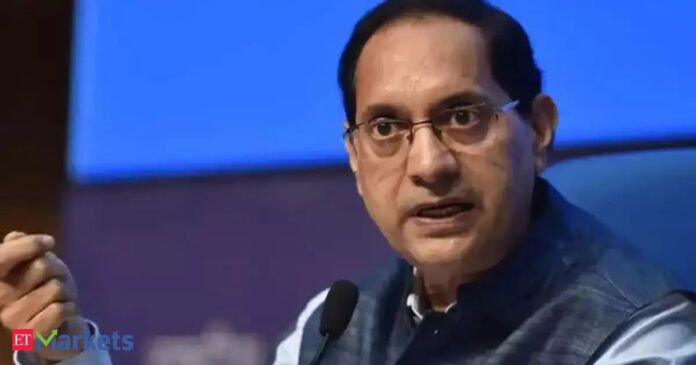New Delhi: Navigating the Future of India’s Financial Markets
New Delhi, the bustling capital of India, is not just a hub of political activity but also a significant center for financial regulation and market activities. Recently, the Securities and Exchange Board of India (SEBI) has been in the spotlight as it collaborates with the National Stock Exchange (NSE) to address pending issues related to the NSE’s long-awaited initial public offering (IPO). This article delves into the current state of the NSE, the regulatory landscape, and the broader implications for India’s financial markets.
The NSE IPO Saga
The NSE first submitted its draft papers for an IPO in 2016, aiming to raise ₹10,000 crore. However, the approval process has been mired in delays due to regulatory concerns, particularly regarding governance lapses and issues related to co-location. These concerns have kept the exchange from moving forward, while its main competitor, the Bombay Stock Exchange (BSE), successfully went public in 2017.
Tuhin Kanta Pandey, the chairman of SEBI, recently expressed optimism about resolving these outstanding issues. Speaking at an Assocham event, he stated, "All I can say is that all the outstanding issues will be resolved and we will move forward." While he refrained from providing a specific timeline, the sentiment indicates a renewed focus on facilitating the NSE’s IPO.
Regulatory Developments
In March, SEBI announced the formation of an internal panel to investigate the NSE’s IPO issues, emphasizing the need for the exchange to resolve all outstanding matters. The latest application from the NSE for a no-objection certificate is currently pending, adding to the anticipation surrounding its IPO.
The NSE’s valuation has soared to ₹4.7 lakh crore in 2024, making it the most valuable unlisted company in India, surpassing even the Serum Institute of India. This valuation underscores the importance of the NSE in the Indian financial landscape and the urgency for regulatory clarity.
Derivatives Market and Expiry Dates
Another critical area of focus for SEBI is the derivatives market. Pandey indicated that SEBI would soon issue directions regarding derivatives expiry dates after reviewing stakeholder feedback on a recent consultation paper. The paper proposes limiting the expiry of all equity derivatives contracts to either Tuesdays or Thursdays. This move aims to streamline trading practices and enhance market efficiency.
In March, the NSE had initially planned to shift its weekly expiry day from Thursday to Monday, but this was deferred following SEBI’s consultation. The ongoing discussions highlight the dynamic nature of regulatory frameworks and their impact on trading practices.
Addressing Financial Discrepancies
Pandey also addressed concerns related to IndusInd Bank, which revealed discrepancies in its derivatives portfolio earlier this year. He clarified that while the Reserve Bank of India (RBI) oversees banks, SEBI is committed to addressing any egregious violations within its jurisdiction. This delineation of responsibilities is crucial for maintaining market integrity and investor confidence.
Additionally, the settlement issue concerning the 2013 scam at the National Spot Exchange Ltd (NSEL) remains a pressing concern. Pandey assured stakeholders that SEBI is actively working on this matter, with a one-time settlement scheme recently approved by the National Company Law Tribunal. This scheme aims to provide relief to traders whose funds have been stuck since the payment crisis began in July 2013.
A Vision for the Future
At the Assocham event, Pandey articulated SEBI’s commitment to "optimum regulation," emphasizing the need to simplify regulations and remove redundant provisions. This approach aims to facilitate ease of compliance while ensuring robust investor protection and market integrity.
He also called upon industry stakeholders to contribute to the vision of a "Viksit Bharat" (Developed India) by 2047, highlighting the pivotal role that the securities market will play in achieving this goal. The call to action reflects a broader ambition to enhance India’s economic landscape and position it as a global financial hub.
Conclusion
As New Delhi continues to navigate the complexities of financial regulation and market dynamics, the collaboration between SEBI and the NSE represents a crucial step toward resolving longstanding issues. With a focus on regulatory clarity, market integrity, and investor protection, the future of India’s financial markets looks promising. The developments surrounding the NSE’s IPO and the broader regulatory landscape will undoubtedly shape the trajectory of India’s economic growth in the years to come.

